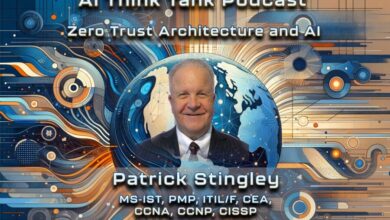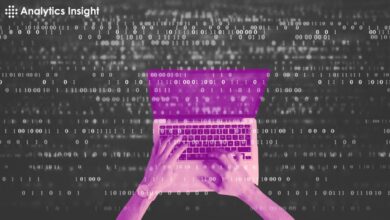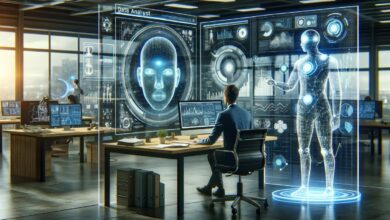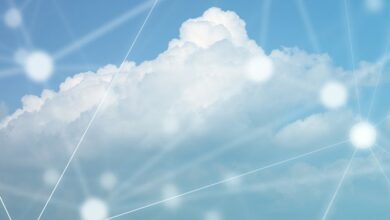How Data Science Transforms the World
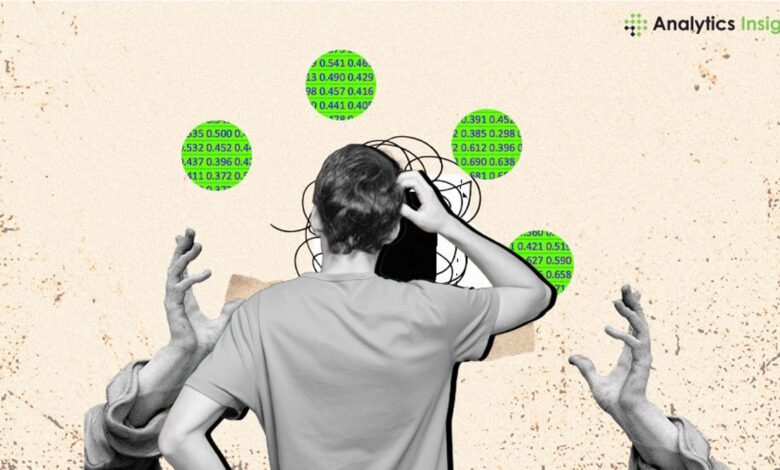
Data science has the potential to revolutionize different aspects of human life and experience. In virtually every sector that affects our daily lives, including health, finance, transportation, and entertainment, big data is transforming industries. This article discusses how data science transforms the world and has become a vital tool in the management and solution of various problems that positively impact society.
The creation of Data Science
Data science involves using statistics, computers, and subject matter expertise to learn from data and make more informed decisions. The elements of data science are data gathering, data cleaning, data analysis, data interpretation through statistics and machine learning, and data representation. This involves collecting information from many sources, preparing and structuring it, and analyzing it using methods and tools. The last step is data presentation, which makes the presentation more understandable and turns the insights into practical applications.
Transforming Healthcare
Thus, the healthcare industry can be considered the most influenced by the data science field. Data science is being used in healthcare domains to diagnose diseases, recommend treatments, and improve service delivery quality. In this situation, researchers aggregate vast amounts of medical data and discover patterns and connections that were not observable before.
1. Personalized Medicine: An individual can be diagnosed and subsequently treated according to their genetic predispositions or environmental conditions. This approach improves the efficacy of treatments and has fewer side effects than conventional treatments.
2. Predictive Analytics: Today’s hospitals and clinics rely on predictive analytics for admissions, resource management, and response to disease outbreaks. This increases efficiency and enhances the quality of service provided to patients.
3. Drug Discovery: Data science shortens the process of developing drugs by looking at biological information and how these compounds will affect the human body. This saves time and the cost required to build and launch new drugs into the market.
Revolutionizing Finance
Therefore, it is clear that data science is a vital component of the finance industry. It helps in decision-making, risk management, and fraud detection. Thus, big data and advanced analytics are the growth areas for financial institutions and can provide them with some competitive advantage.
1. Algorithmic Trading: The data science process is central to algorithmic trading, where computers make trading decisions based on set parameters. These algorithms can also assess market situations in real-time, making trades faster than human traders.
2. Risk Management: Financial institutions use data science to evaluate risks and forecast them. With these tools, they can make risk forecasts based on past data and formulate plans for handling them.
3. Fraud Detection: Machine learning and anomaly detection are effective in detecting fraudulent transactions. This concept implies that by identifying various patterns and behaviors, it becomes easier for financial institutions to prevent fraud.
Enhancing Transportation
Big Data is becoming ever-present in the transportation sector in terms of logistics, route finding, and safety. The incorporation of data science enhances and improves the delivery of transport-related services.
1. Route Optimization: Employers apply data science in freight transportation to find the most efficient transit, the least amount of fuel, and the shortest time possible. They can identify the best routes by analyzing traffic distribution and data about previous performances.
2. Predictive Maintenance: Data science allows for practical preventative maintenance, including vehicles and infrastructures. Relevant data from the sensors and historical maintenance information can help companies determine when a particular piece of equipment is likely to fail and carry out timely preventive maintenance.
3. Autonomous Vehicles: Self-driving cars use big data and data science in avenue recognition, object avoidance, and decision-making. Through the analysis of signals received from several sensors and cameras, these vehicles should be able to function satisfactorily and without causing any accidents.
Innovating Entertainment
The entertainment industry is using data science to identify consumer sentiments, generate content that attracts them, and enhance customer experiences. Based on the characteristics of viewers and their actions, businesses can present more suitable and exciting content.
1. Personalized Recommendations: Examples of companies that employ data science include streaming services such as Netflix and Spotify. By observing the hours viewers and listeners spend on content, they are able to recommend content that is similar to the user’s tastes.
2. Content Creation: Data science has a direct impact on the creation of new content through the analysis of audience trends. This helps studios and producers create movies or shows that are most likely to sell in the market.
3. Audience Analysis: As a result, the use of data science in the entertainment industry allows entertainment companies to examine demographic and audience characteristics. Marketers also benefit from this information as it assists in the targeting of specific segments.
Improving Agriculture
Extensive data practices in farming have brought about significant changes. They have impacted precision farming, improved yields, and reduced the negative impacts on the environment. Using this information, farmers are in a position to make the right decisions about planting, irrigation, and harvesting.
1. Precision Farming: One way to utilize data science is to ease the correct use of water, fertilizer, and pesticides for crops due to their requirements. This results in higher sales, lower costs, and lower wastage since the data is assigned right on target.
2. Crop Monitoring: Satellite imagery and sensors can be used to take pictures of fields and present data readouts in real time, helping farmers assess their crops’ condition. This also enables one to detect pests and diseases that affect crops at an early stage, enabling one to apply the necessary measures.
3. Yield Prediction: Data science models can now forecast crop yields based on the prior season’s crops, weather, and ground conditions. This information provides farmers with better ways of planning their activities to get the best results out of the production processes.
Advancing Education
Data science has made a significant positive impact in the education sector, especially in regard to student learning, evaluation, and organization. From students’ data, the instructors are in a position to understand the various deficiencies and recommend adequate solutions that help the students in particular.
1. Personalized Learning: Learning is facilitated nowadays by efficiently analyzing the data obtained from the student’s performance in the class or on a specific type of task, and in this way, data science helps to design a learning plan considering the student’s strong and weak sides. This approach assists in performing remedies for the deficiencies and the gaps observed in learning that are individual and improve the general performance.
2. Student Retention: Information used in predictive analytical tools to help pinpoint learners who are most likely to drop out. Understanding all these elements of attendance, grades, and activities can enable school support to be effective in dealing with low retention rates.
3. Administrative Efficiency: Administrative processes are streamlined using well-designed algorithms in data science, such as task automation and resource optimization. This results in activity effectiveness and, thus, efficient and effective resource use.
Conclusion:
Data science is changing the globe by revolutionizing sectors, improving choices, and pushing forward progress. From medical and financial areas to travel and leisure, data science has a profound effect on many fields. By leveraging the strength of data, we can tackle some of the most critical issues of our era and build a brighter future for everyone. As technology advances, the possibilities for data science will expand, leading to new chances and avenues for further change.
FAQs
How is Data Science changing business?
Data science is transforming business by enabling organizations to make better decisions, improve efficiency, and drive innovation through predictive analytics, machine learning, and data visualization. It empowers management to make informed decisions, identifies trends, and optimizes processes across various industries, including healthcare, finance, and manufacturing.
What impact does Data Science have on healthcare?
Data science is revolutionizing healthcare by enabling the analysis of vast amounts of medical data to improve patient outcomes, enhance operational efficiency, and drive innovation through predictive analytics, personalized medicine, and AI-powered systems that assist in diagnosis, suggest treatment options, and automate specific processes.
Can Data Science improve governance?
Yes, data science can significantly improve governance by providing valuable insights and enabling evidence-based decision-making. It enhances government operations and public service delivery by analyzing historical data and current trends to predict future scenarios, optimize resources, and ensure transparency and accountability.
What are the ethical considerations in Data Science?
Ethical considerations in Data Science include avoiding bias and discrimination, protecting privacy and confidentiality, assessing societal impact, ensuring transparency and accountability, respecting intellectual property, and maintaining data quality. These considerations are crucial to ensuring responsible data handling practices and promoting trust in the field.
How does Data Science affect everyday life?
Data science significantly impacts everyday life by transforming various aspects of our routines and experiences, including personalized recommendations, healthcare advancements, transportation optimization, and educational improvements. It makes our daily lives more efficient, personalized, and connected.
